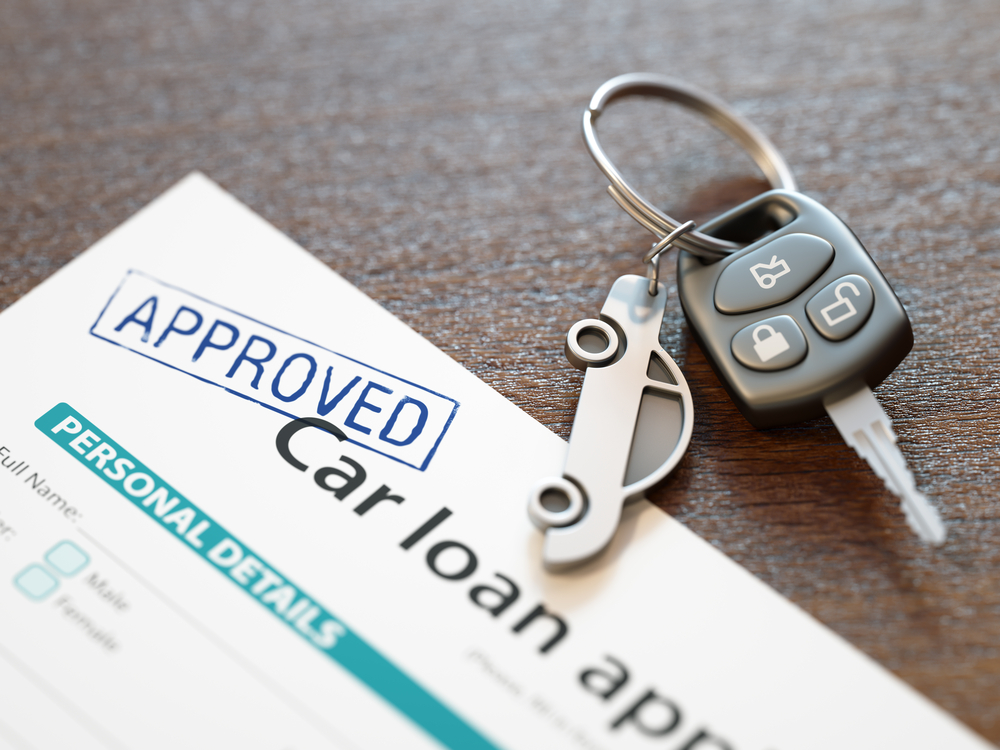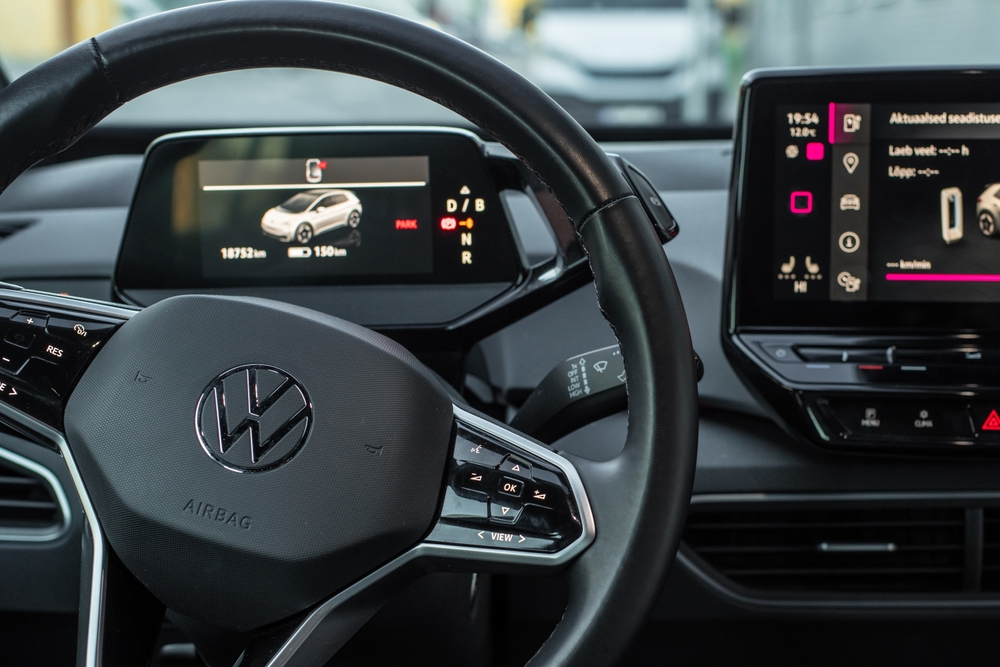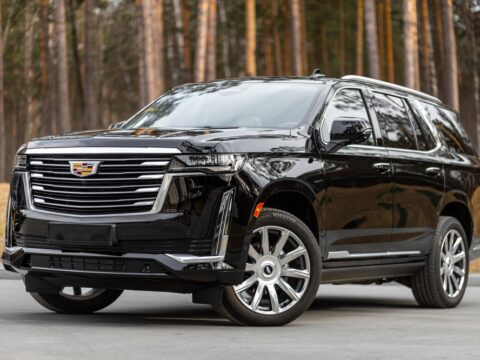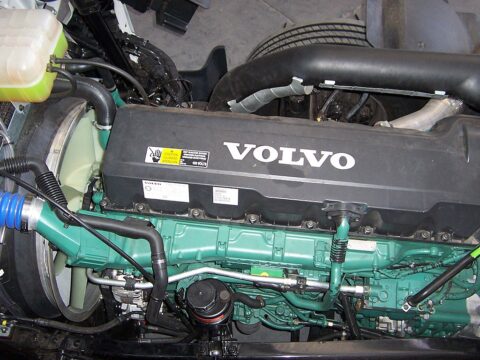Having spent considerable time navigating the car market, I’ve gathered insights that have shaped my approach to buying used cars. In my experience, there are compelling reasons why I prefer to avoid purchasing from dealerships. From concerns about transparency and inflated pricing to the limitations in choices, these factors underscore the considerations every car buyer should weigh before making a decision.
Contents
Higher Prices

When buying a used car from a dealership, you’re often paying for more than just the vehicle itself. Dealerships have significant overhead costs, including sales commissions, facility maintenance, and advertising expenses. To cover these costs and turn a profit, dealerships typically mark up the prices of their used cars. This markup can sometimes be substantial, leading you to pay more than the car’s fair market value. In contrast, private sellers often don’t have these overhead costs and may offer lower prices for similar vehicles.
Backend Extras

One of the tactics dealerships use to boost their profits is by selling backend extras or add-ons. These extras can range from extended warranties and maintenance plans to accessories like rustproofing or fabric protection. While some of these services may offer genuine value, others are often overpriced or unnecessary. Dealerships may not always fully disclose the costs or benefits of these extras, leading you to spend more money without understanding the true value you’re receiving.
Hidden Fees

When finalizing a deal at a dealership, watch out for hidden fees that can unexpectedly increase the total cost of your purchase. These fees may include documentation fees, delivery charges, title transfer fees, or advertising fees. While some of these fees are legitimate and required by law, others may be inflated or unnecessary. Dealerships may not always be transparent about these fees upfront, leaving you surprised and frustrated when you see the final price tag.
Inaccuracies on Vehicle History Reports

A crucial aspect of buying a used car is reviewing its vehicle history report to understand its past ownership, accidents, maintenance records, and more. However, dealerships may not always provide accurate or complete vehicle history reports. In some cases, they may overlook or downplay significant issues such as previous accidents, flood damage, or odometer discrepancies. Without reliable information, you could end up purchasing a car with hidden problems that could be costly to repair.
Extended Warranty Scams

While extended warranties can provide peace of mind by covering unexpected repairs, dealerships may use them as a way to increase their profits. Some dealerships may push expensive extended warranties with limited coverage or stringent terms and conditions. They may exaggerate the benefits of these warranties while downplaying their limitations, leaving you with a costly add-on that doesn’t offer the protection you expected. It’s essential to carefully review the terms of any extended warranty before agreeing to purchase it.
Limited Choices

Dealerships often have a limited selection of used cars compared to online marketplaces or private sellers. This limited choice can restrict your options, especially if you’re looking for a specific make, model, or condition. You may find yourself compromising on certain features or settling for a car that doesn’t fully meet your preferences. In contrast, exploring multiple sources for used cars can increase your chances of finding the perfect vehicle that fits your needs and budget.
Pressure Sales Tactics

When you walk into a dealership, you may encounter high-pressure sales tactics designed to push you into making a quick decision. Salespeople may use urgency, limited-time offers, or persuasive techniques to encourage you to buy a car on the spot. This pressure can be overwhelming and may lead to impulsive decisions or agreeing to terms that are not in your best interest. Taking your time, researching options, and staying firm in your budget can help you avoid falling prey to these tactics.
Financing Pitfalls

While dealerships offer financing options for used cars, they may not always provide the most competitive rates. Dealership financing often comes with higher interest rates or additional fees compared to loans from banks or credit unions. In some cases, dealerships may incentivize financing by offering lower prices on cars, but these savings can be offset by higher financing costs. It’s crucial to compare financing offers from multiple sources to ensure you’re getting the best deal.
Lack of Transparency

Transparency is key when buying a used car, but some dealerships may not provide all the necessary information upfront. They may withhold details about a car’s true condition, maintenance history, or previous issues. This lack of transparency can make it challenging for you to make an informed decision about whether a particular used car is worth purchasing. Asking questions, requesting maintenance records, and getting a professional inspection can help uncover any hidden issues before you buy.
Limited Return Policies

Unlike some private sellers or online platforms that offer generous return policies or money-back guarantees, dealerships may have stricter return policies for used cars. Once you sign the paperwork and drive off the lot, you may have limited options if you discover problems with the car or change your mind. Understanding the dealership’s return policy and warranty coverage is essential to avoid surprises and ensure you have recourse if issues arise after purchase.
Depreciation Concerns

Used cars purchased from dealerships often face faster depreciation rates compared to new cars or those bought from private sellers. This rapid depreciation can significantly impact the resale or trade-in value of your investment over time. Dealerships may sell used cars at prices that are already close to their depreciated value, meaning you could experience a more considerable loss if you decide to sell or trade in the car in the future. It’s important to consider the long-term financial implications of depreciation when buying a used car from a dealership.
Overlooked Maintenance Issues

While dealerships typically conduct basic inspections on their used cars, they may overlook underlying maintenance issues or mechanical problems. These overlooked issues can become costly to repair once you’ve purchased the car. It’s essential to have a trusted mechanic perform a thorough inspection before finalizing the purchase to identify any potential maintenance concerns. This proactive approach can save you from unexpected repair costs down the road.
Negotiation Challenges

Negotiating with dealerships can be a challenging and time-consuming process for some buyers. Dealerships may not always be willing to negotiate on the price of a used car, especially if they believe they can sell it at a higher markup. This can leave you feeling frustrated or unable to secure a deal that aligns with your budget. Understanding the market value of the car, researching comparable listings, and being prepared to walk away if the terms aren’t favorable can help navigate negotiation challenges.
Limited Warranty Coverage

Used cars sold by dealerships often come with limited warranty coverage, which may only provide basic protection against certain defects or issues. These warranties may not cover all components of the car or offer the same level of coverage as a manufacturer’s warranty on a new vehicle. It’s crucial to review the details of any warranty offered by the dealership and consider purchasing extended coverage if you want more comprehensive protection against unexpected repairs.
Reputation and Reviews

Before buying from a dealership, it’s essential to research their reputation and read customer reviews. Some dealerships have a history of poor customer service, deceptive practices, or selling cars with undisclosed issues. By checking online reviews, asking for recommendations from trusted sources, and researching the dealership’s reputation with organizations like the Better Business Bureau, you can make a more informed decision about where to buy your used car.
This article originally appeared on MyCarMakesNoise.
More from MyCarMakesNoise
10 Benefits of Driving Hybrids Over Conventional Cars

As the tides turn against conventional gasoline engines, the allure of hybrids goes beyond just being eco-friendly. Read More.
10 Must-Have Motorcycle Accessories for Comfort and Protection

This article delves into those often overlooked essentials that not only elevate the riding experience but also ensure safety and convenience at every twist and turn. Read More.
The 14 Most Fuel-Saving Motorcycles

As urban landscapes continue to expand and roads become increasingly congested, the need for practical and sustainable transportation solutions is more pressing than ever. Enter the realm of fuel-efficient motorcycles, a blend of innovation, performance, and economy that answers the daily commute dilemma. Read More.














